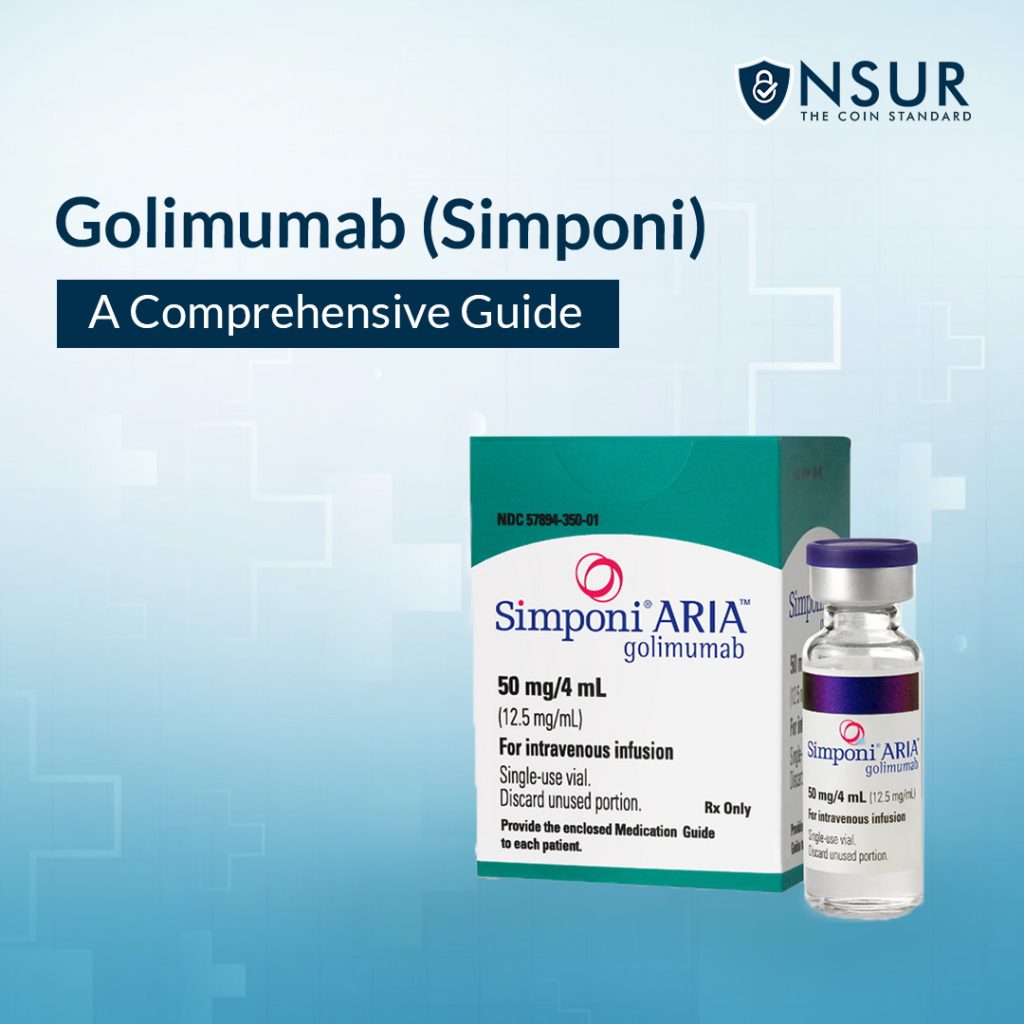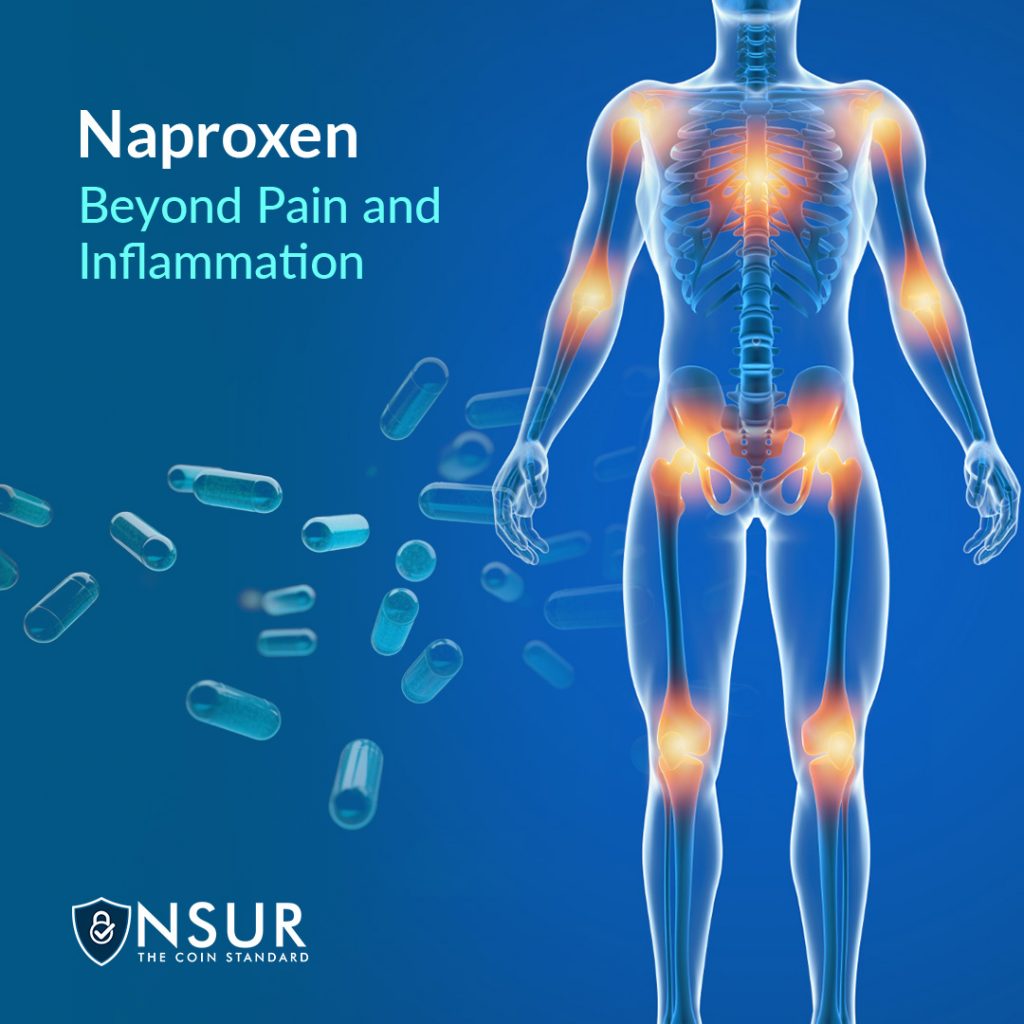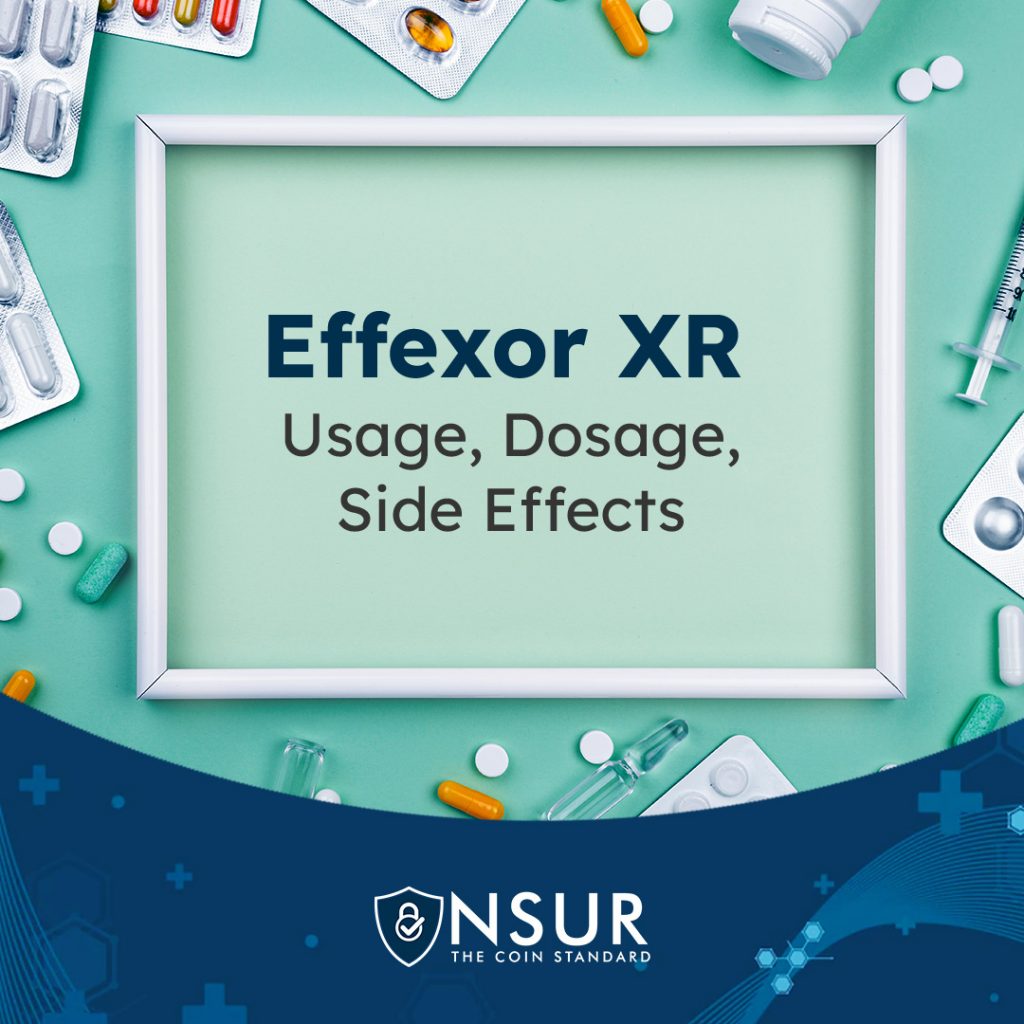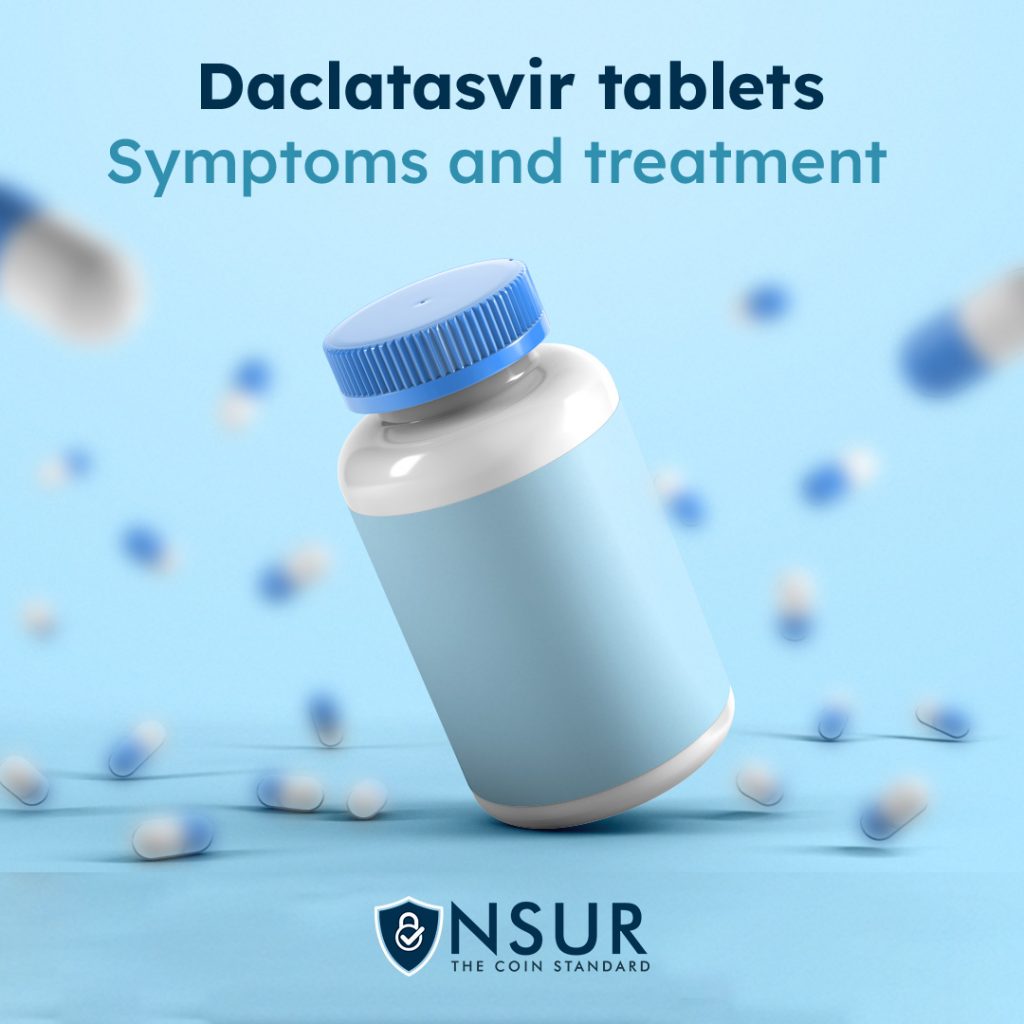
Golimumab also known as Simponi can impair your immune system’s capacity to battle infections. Serious infections induced by bacteria, fungi, or viruses that have disseminated throughout the body have been reported, including tuberculosis (TB) and histoplasmosis. Before beginning Simponi, your doctor will screen you for tuberculosis (TB) and will watch you for signs of TB throughout therapy. Inform your doctor if you have had direct contact with individuals who have tuberculosis. Tell your doctor if you’ve been in an area where certain fungal diseases, such as histoplasmosis or coccidioidomycosis, are prevalent (such as the Ohio and Mississippi River Valleys and the Southwest).
If you have an illness, you should not begin Simponi. Inform your doctor if you have a history of illnesses, diabetes, HIV, or a weakened immune system. You should also inform your doctor if you are presently being treated for an infection or if you have or acquire any symptoms of an infection, such as:
- fever, sweat, or chills
- muscle aches
- cough
- shortness of breath
- blood in phlegm
- weight loss
- warm, red, or painful skin or/ and sores on your body
- diarrhea or stomach pain
- burning when urinating or more frequent urination
- feel very tired
Your doctor will check you for tuberculosis and conduct a test to determine whether you have it. If your doctor believes you are at risk for tuberculosis, you may be treated with TB medication both before and during Simponi therapy. Even if your TB test results are clear, your doctor should keep a close eye on you for TB illnesses while you are taking Simponi. Individuals who had a negative TB skin test prior to getting Simponi acquired active TB. Inform your clinician if you experience any of the following signs while using or after using Simponi:
- cough that does not go away
- low grade fever
- weight loss
- loss of body fat and muscle (wasting)
Interactions With Other Drugs
Inform your doctor about any medications you are taking, including ORENCIA® (abatacept), KINERET® (anakinra), ACTEMRA® (tocilizumab), RITUXAN® (rituximab), or another TNF blocker, as well as any vaccines you are due to receive or have recently gotten. SIMPONI® patients should not receive live immunizations or therapy with weakened microbes. (such as BCG for bladder cancer).
Dosing
Golimumab is given as a 2 mg/kg IV injection over 30 minutes at weeks 0 and 4, and then every 8 weeks after that.
Golimumab should be administered in conjunction with methotrexate. During therapy, other non-biologic DMARDS, corticosteroids, nonsteroidal anti-inflammatory drugs (NSAIDS), and/or analgesics may be maintained.
Take advantage of NSURx for your prescription drugs!
With the NSURx Prescription Benefit Card, you can save money on your Golimumab medications at more than 35,000 pharmacies across the United States.
You can save up to 80% on your medication by using an NSURx card. Hundreds of dollars in savings could be yours every time you fill out your prescription.
The more you shop with NSURx, the more NSUR Coins you will receive as a reward.
Reference:











